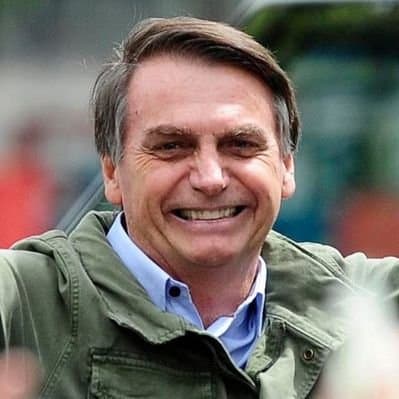
China’s slowing growth and a no-deal Brexit loom large among the factors behind a gloomy world economic forecast published by the International Monetary Fund (IMF) as the Davos meeting gets underway.
The annual gathering of thousands of world leaders, top business executives and heads of non-governmental organisations at the World Economic Forum kicked off with the IMF predicting a modest weakening in global economic growth – but a hefty increase in the risk of a major downturn.
The euro area is the big drag on its forecasts, particularly Germany’s slide towards recession and “sovereign and financial risks” affecting Italy stemming from its budget battles with EU, and the IMF says it expects growth to slow from 2.3% in 2018 to 2% this year and 1.7% in 2020.
Those figures are based on a smooth Brexit, however, and would be downgrade if the UK crashes out of the EU without a deal.
Meanwhile, China’s slowdown looks set to be faster than expected – particularly if trade tensions with the US continue – while in Europe “the Brexit cliffhanger continues,” and in the US the government shutdown is also pouring cold water on the economy, says the IMF.
“Given this backdrop policymakers need to act now to reverse headwinds to growth and prepare for the next downturn,” says the organisation, although its managing director Christine Lagarde said that does not necessarily mean that a global recession “is around the corner.”
“The main policy priority is for countries to resolve co-operatively and quickly their trade disagreements and the resulting policy uncertainty, rather than raising harmful barriers further and destabilising an already slowing global economy.”
That may be wishful thinking however, because while Davos is often an enabler of this sort of co-operation, this year the conference has some very notable absences.
That list includes US president Donald Trump who said the government shutdown prevented him and the entire US delegation from attending, as well as UK prime minister Theresa May who is fighting for the survival of her Brexit plan, and France president Emmanuel Macron whose attention is firmly fixed on handling the ‘gilets-jaunes’ protests sweeping the country.

Brazil’s new right-wing president Jair Bolsonaro
Other absentees include the prime ministers of Canada and India, Justin Trudeau and Narendra Modi. This year, keynote presentations are being delivered by China’s vice-president Wang Qishan, with the opportunity to give its side of the trade dispute with the US unchallenged – and Brazil’s new right-wing president Jair Bolsonaro, a populist leader whose rhetoric often clashes with the ‘Globalisation 4.0’ theme of this year’s WEF event.
The health sector will be represented by WHO Director-General Tedros Adhanom Ghebreyesus, former Microsoft head and health philanthropist Bill Gates, and Peter Sands, executive director of the Global Fund, as well as pharma industry representatives including Novartis CEO Vasant Narasimhan and Johnson & Johnson chief scientific officer Paul Stoffels.
Narasimhan is taking part in a session with the WHO Director-General on ‘Financial Innovation for Global Health’ later today, while Stoffels will be on a panel discussing the proposed Coalition for Epidemic Preparedness Innovations (CEPI), aimed at tackling global epidemic threats such as Ebola and Zika.
The gathering’s 350 sessions will cover other health issues including the growing global mental health challenge and Alzheimer’s. The latter including input from Biogen CEO Michel Vounatsos, whose company has two of the few remaining drug candidates which could provide a breakthrough against the disease.




